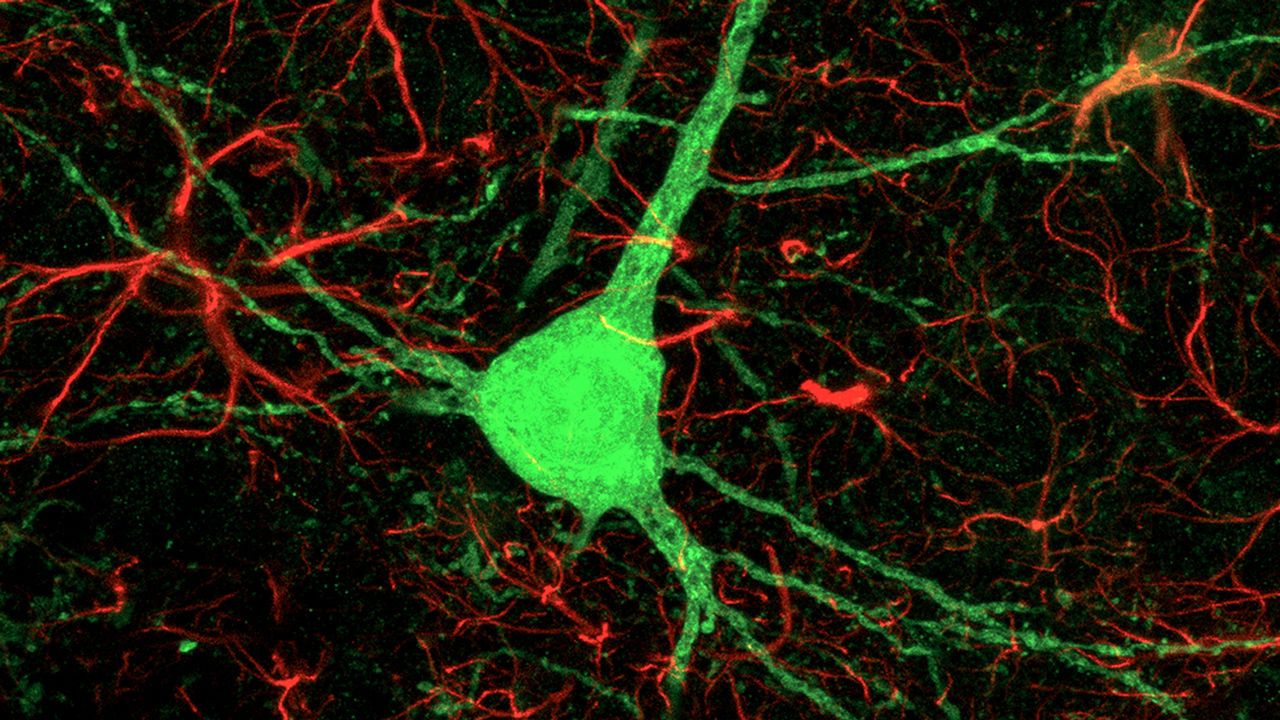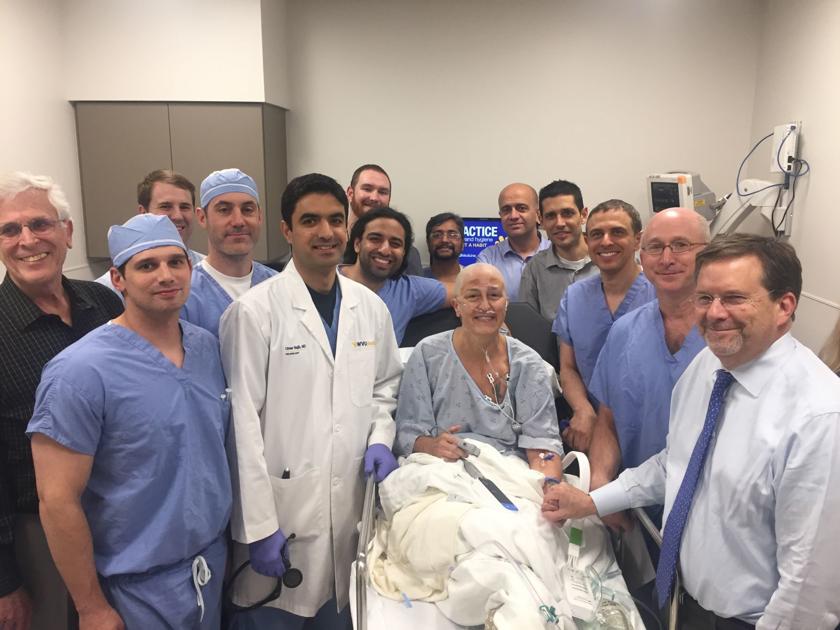Sequential electrical stimulation allowed researchers to transmit complex patterns.



‘’Examining how deep disagreements arise will demonstrate the gravity of the issue. Why do we disagree with valid, knowable facts when we all live in the same world, we have roughly the same cognitive abilities and, in the Western world at least, most people have fairly easy access to roughly the same information?
What happens when you can’t agree on the facts?

And you thought needles were scary: Researchers are using scorpion venom to transport drugs to the brain.
The Peptides and Proteins lab at the Institute for Research in Biomedicine (IRB Barcelona) modified the amino acid chain chlorotoxin—present in scorpion venom—to carry medicine across humans’ blood-brain barrier (BBB).
An important mechanism for protecting the brain from harmful substances, the roadblock also prevents medication used to treat neurological diseases and tumors from entering the organ.



The company-funded animal test was performed to ascertain how neural development is affected by the pesticide chlorpyrifos, which is used on a wide variety of crops around the world, including some 20 EU countries. The test laboratory concluded that there was no such effect, even at high doses.
Academic researchers have examined raw data from a company-funded safety evaluation of the pesticide chlorpyrifos. They discovered an effect on the brain architecture of the exposed laboratory animals at all tested doses, which was not included in the reported conclusions. Karolinska Institutet in Sweden led this independent study, which is published in the scientific journal Environmental Health.
All pesticides must be evaluated in terms of their safety and potential risks for human health before they can officially be approved. Normally the companies that manufacture the products cover the cost of such evaluations and commission test laboratories to perform the necessary animal tests.
Assistant professor Axel Mie at Karolinska Institutet, Christina Rudén at Stockholm University and Philippe Grandjean at Harvard School of Public Health have examined a case in which independent research and company-funded tests deviated, at least in terms of the conclusions drawn in the industry-funded study.



MORGANTOWN — World-leading brain experts at West Virginia University’s Rockefeller Neuroscience Institute are celebrating the historic breakthrough Alzheimer patients around the global have been waiting for.
“For Alzheimer’s, there’s not that many treatments available despite hundreds of clinical trials over the past two decades and billions of dollars spent,” said Dr. Ali Rezai, a neurosurgeon at WVU who led the team of investigators that successfully performed a phase II trial using focused ultrasound to treat a patient with early stage Alzheimer’s.
The WVU team tested the innovative treatment in collaboration with INSIGHTEC, an Israeli medical technology company. Earlier this year, INSIGHTEC was approved by the U.S. Food and Drug Administration to begin a phase II clinical trial of the procedure and selected the WVU Rockefeller Neuroscience Institute as the first site in the United States for the trial.

Samsung TVs are already some of the most popular options for high-end home theater systems, and the company is now using its television-making prowess to help people with disabilities live more normal lives. A new project by a Samsung team in Switzerland could yield the first smart TV that can be controlled with thoughts.
As CNET reports, Samsung has partnered with Swiss scientists to bring the system to life. Called ‘Project Pontis,’ the ultimate goal is to build a brain/software interface that will allow individuals with movement disabilities to control television features like channel switching and volume control with their brains rather than their bodies.